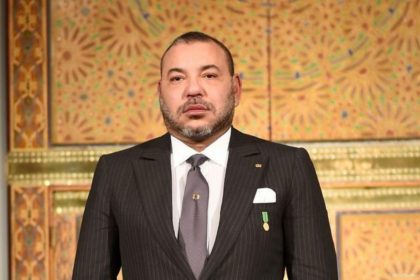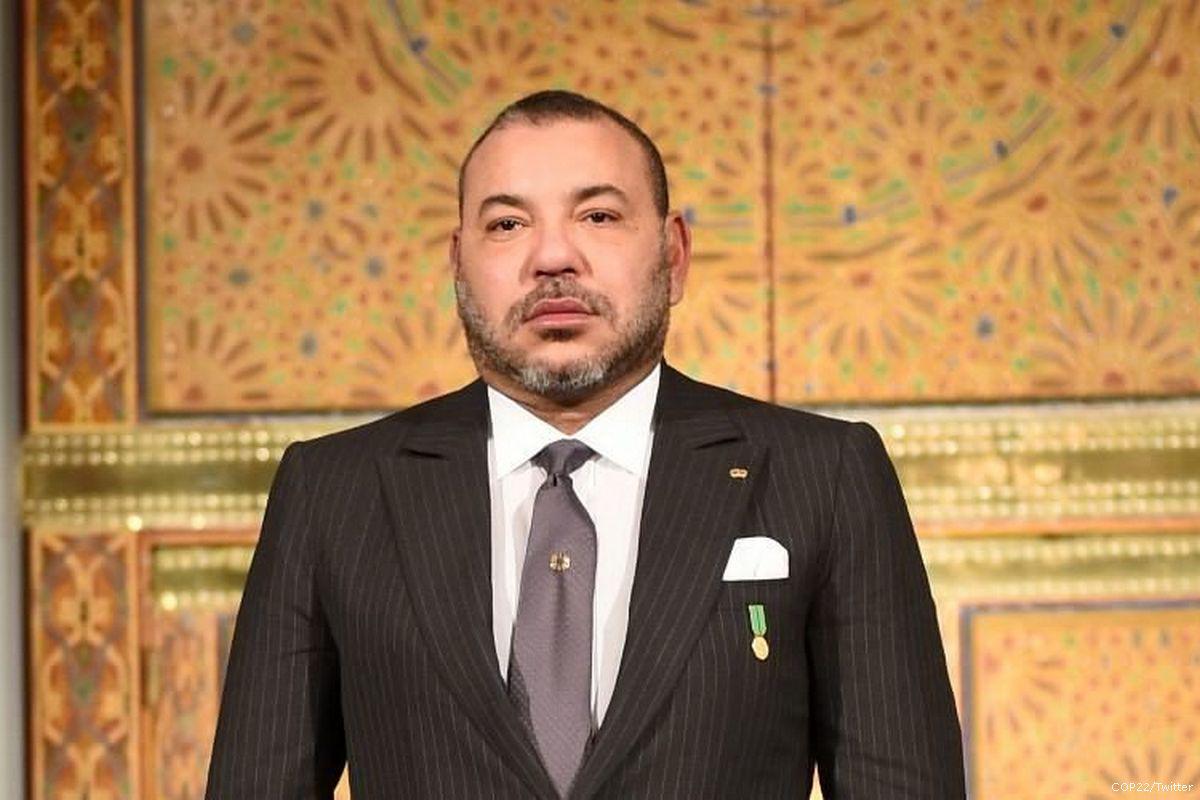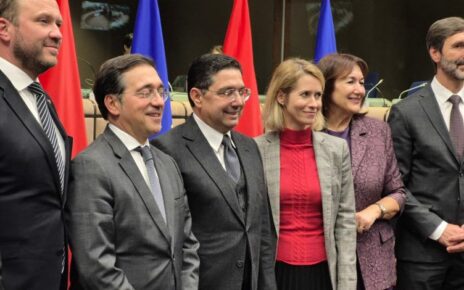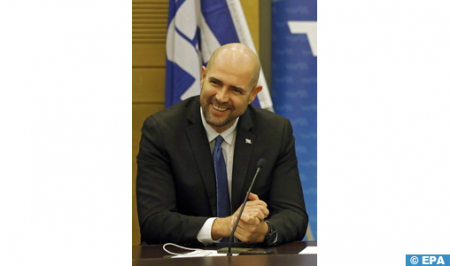 King Mohammed VI, who was appointed by the African Union leader on the issue of migration, submitted to the pan-African organization the “African Agenda on Migration,” a non-binding document permeated by a co-development approach and containing ideas, proposals and thoughts shared by official institutions, civil society organizations and researchers from Africa to address migration challenges.
King Mohammed VI, who was appointed by the African Union leader on the issue of migration, submitted to the pan-African organization the “African Agenda on Migration,” a non-binding document permeated by a co-development approach and containing ideas, proposals and thoughts shared by official institutions, civil society organizations and researchers from Africa to address migration challenges.
In a message to the 30th AU summit, read out by Head of the Moroccan Government Saad Eddine EL Othmani, King Mohammed VI shed light on the process leading up to the elaboration of the African Agenda on Migration, which he said was drawn up using an inclusive and participatory approach.
The document is “the outcome of the regular consultation I had with many Heads of State on the occasion of various meetings and contacts,” said the King, adding that the Agenda “enjoys broad ownership thanks, notably, to the convening of two important meetings: the Regional Meeting of 2 November 2017, at Skhirat, which brought together more than 120 decision-makers, representatives of international organizations, researchers and members of civil society, and the Ministerial Conference, held in Rabat on 9 January 2018, which was attended by approximately twenty ministers, representing the continent’s five sub-regions, the AU Commission and the Regional Economic Communities.”
In his message, King Mohammed VI dispelled the myths linked to migration, deconstructing one by one the misconceptions associated with the issue. “There is no massive influx of migrants, since the latter account for only 3.4 per cent of the world population”, he said.
“African migration is essentially intra-African. Worldwide, migration accounts for less than 14 per cent of the population. As far as Africa is concerned, 4 out of 5 African migrants remain in the Continent,” the Monarch underscored, stressing that “Migration does not impoverish host countries since 85% of migrants’ incomes remain in those countries.”
He went on to say that “migration is a natural phenomenon, which is part of the solution, not of the problem. We should adopt a positive stance on the issue of migration by highlighting the humanistic rationale of shared responsibility and solidarity.”
In the same vein, the King noted that the Agenda he submitted advocates “an approach based on national policies, sub-regional coordination, a continental vision and international partnership.”
Such an approach “presupposes a paradigm shift, an introspective and positive redefinition of migration as well as genuine political will on the part of States, which all have a vested interest in making sure migration is safe, legal and orderly, seeing to it that human rights are respected,” he insisted.
“This Agenda should seek to make migration a lever for co-development, a pillar of South-South Cooperation and an instrument of solidarity”.
To help achieve the above-mentioned goals, the King proposed the setting up of an African Migration Observatory to be based in Morocco with the tasks to understand, anticipate and act.
The Observatory will have the mission of developing observation and the exchange of information between African countries in order to promote controlled management of migration flows, King Mohammed VI explained.
He also promised to make the Intergovernmental Conference, that is to adopt the Global Compact, and the Global Forum for Migration and Development- which Morocco will host in December 2018- a platform for Africa.
In his speech the King also praised the outgoing president of the African Union, President of Guinea Alpha Condé for his leadership and Pan-African commitment during his term of office, voicing confidence that the incoming AU President, Paul Kagame of Rwanda, will add a reform momentum to the continental organization.



